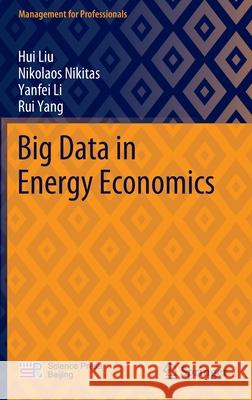Big Data in Energy Economics » książka
topmenu
Big Data in Energy Economics
ISBN-13: 9789811689642 / Angielski / Twarda / 2022 / 282 str.
Big Data in Energy Economics
ISBN-13: 9789811689642 / Angielski / Twarda / 2022 / 282 str.
cena 262,25
(netto: 249,76 VAT: 5%)
Najniższa cena z 30 dni: 250,57
(netto: 249,76 VAT: 5%)
Najniższa cena z 30 dni: 250,57
Termin realizacji zamówienia:
ok. 16-18 dni roboczych.
ok. 16-18 dni roboczych.
Darmowa dostawa!
Kategorie:
Kategorie BISAC:
Wydawca:
Springer
Język:
Angielski
ISBN-13:
9789811689642
Rok wydania:
2022
Ilość stron:
282
Waga:
0.57 kg
Wymiary:
23.39 x 15.6 x 1.75
Oprawa:
Twarda
Wolumenów:
01
Dodatkowe informacje:
Wydanie ilustrowane











